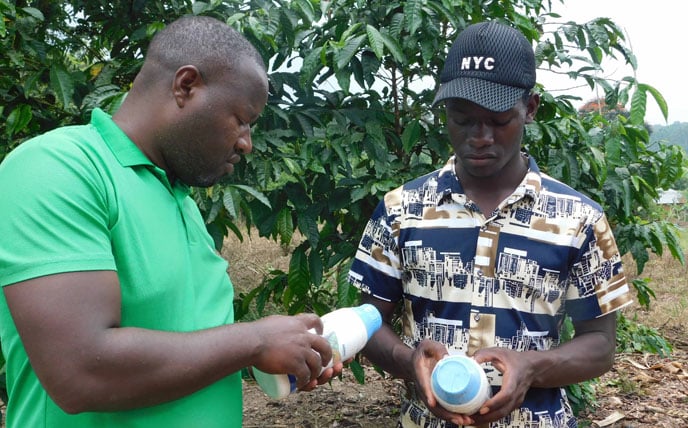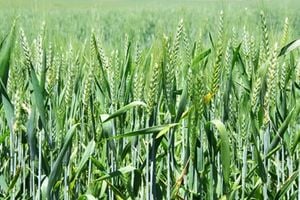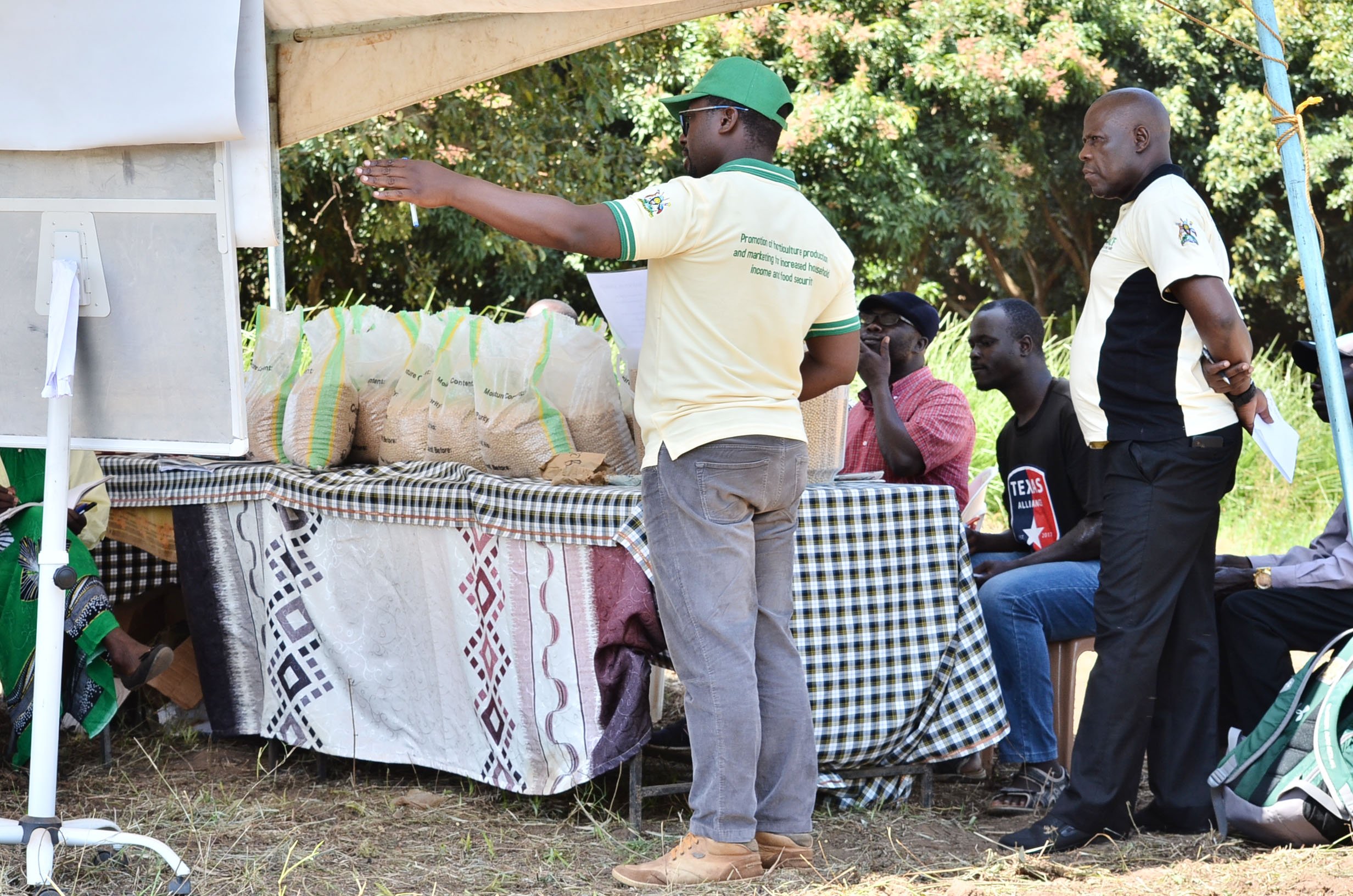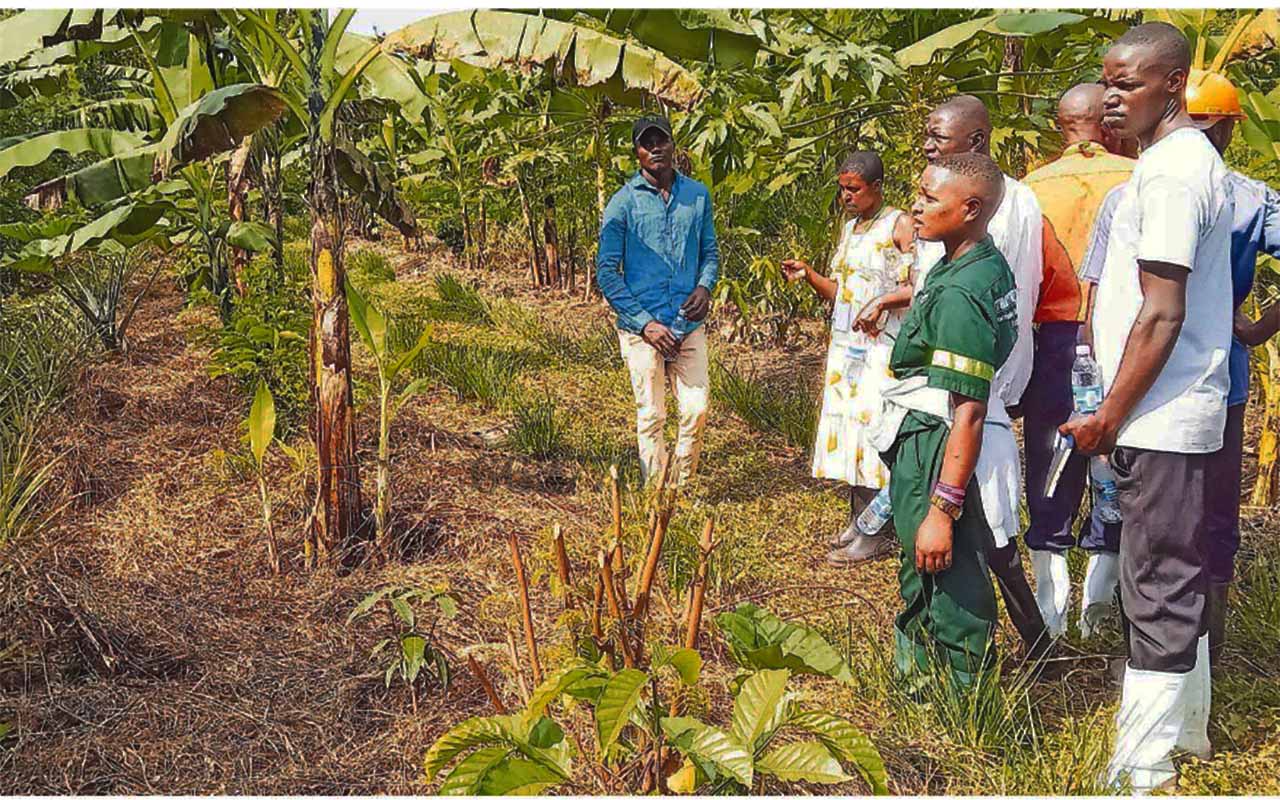
Writer: Michael J. Ssali. PHOTO/FILE
When we plant crops in the field they extract nutrients from the soil and if we must continue with growing crops it is important that we adequately replace the used soil nutrients.
A crop like coffee depends on soil nutrients to grow well. When the coffee cherries are harvested, dried, and sold they go with the nutrients they consumed from the garden.
With continued coffee harvesting every year the soil in the garden becomes degraded since nutrients are taken away every year as the harvest volumes reduce. The more coffee that we harvest, the more fertilisers we should apply.
Farmers must also keep in mind that poor soil quality may be the result of other factors such as soil erosion. When it rains heavily plenty of water flows over the soil surface and it takes with it soil particles down into the valley.
Eventually the small particles become tonnes of soil washed off the surface of the coffee garden and deposited in the valley. The coffee tree roots get exposed with barely any nutrients to depend on.
The position is worse when the farmer uses herbicides and other agricultural chemicals without paying attention to the agricultural chemicals’ user guidelines and soil erosion mitigation measures.
The chemicals will be driven into the valley which is usually a wetland, a source of water, and a habitat for wildlife. The surrounding community ends up with poor water quality and health issues for both humans and livestock resulting from using contaminated water.
Farmers should ensure that time and again they apply manure in their gardens. Manure like livestock droppings, urine, and rotting grass is highly recommended. Covering the garden surface with grass and leaves (mulching) is recommended.
Mulching protects the soil against soil erosion and loss of nutrients. Digging trenches across the garden traps running water and reduces soil loss.
Pesticides and herbicides should be used strictly according to the manufacturer’s directions. If not carefully used the chemicals are a health risk to the farmers themselves, livestock, wild life, and the coffee consumers.
All farmers should resort to climate change mitigation practices because if temperatures rise by even a few degrees it will be extremely hard to produce crops and to keep animals or poultry. Already we are witnessing unpredictable rainfall patterns, increasing and frequent extreme weather events and the arrival of new pests and incurable crop diseases.








